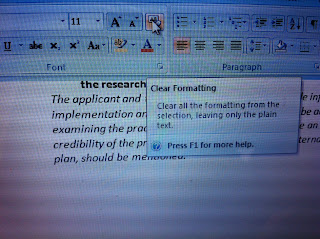I have an awesome summerstudent (the
same as last year) who is trying to decide whether to go to grad school or
med school. And every time we (the disgruntled postdocs in the lab) talk about
science, about how
little we get paid and how
dire the funding situation is and how hard it is for us to transfer to an
independent position, he leans more toward med school. Without realizing it, we’re
creating a disgruntled summerstudent… So today we listed all the things that
are pretty great about academia and about going to grad school now. I thought I’d
share them here too:
- the relative flexibility of academia is great. My
friend who is a pediatrician has an awful time when her daughter is sick and
she has to go to work. She needs an enormous network around her to be able to
combine the demands of her job and caring for her daughter. Whereas in
academia, whether you have children that are sick or parents that need extra
care, it is a lot easier to take a day or even some time off to do that. I
understand that this is different when you’re teaching, but right now this is
one of the aspects I really enjoy.
- it’s good to start grad school during lean times. When
I started grad school (in 2005), the times were great. There was a lot of
funding and the lab that I was in grew exponentially for a couple of years.
Now, when I’m at the point where I should transfer to an independent position,
the times are tough. If you start grad school now, chances are that in 8-10
years, when you’re at this point in your career that I’m at now, the times are
going to be better. And instead of being used to all that wealth in the lab (as
I was), you’re used to lean times and things can only get better.
- you come out of grad school without additional debt: going
to med school in many cases means getting in a ton of debt, whereas in grad
school you get paid to go to school. And even though MDs probably end up making
more, the looming liability lawsuit or even a very unfortunate accident that renders
you unable to work can leave you in huge debt for the rest of your life.
What do you think is great about being in academia or
going to grad school?

.JPG)